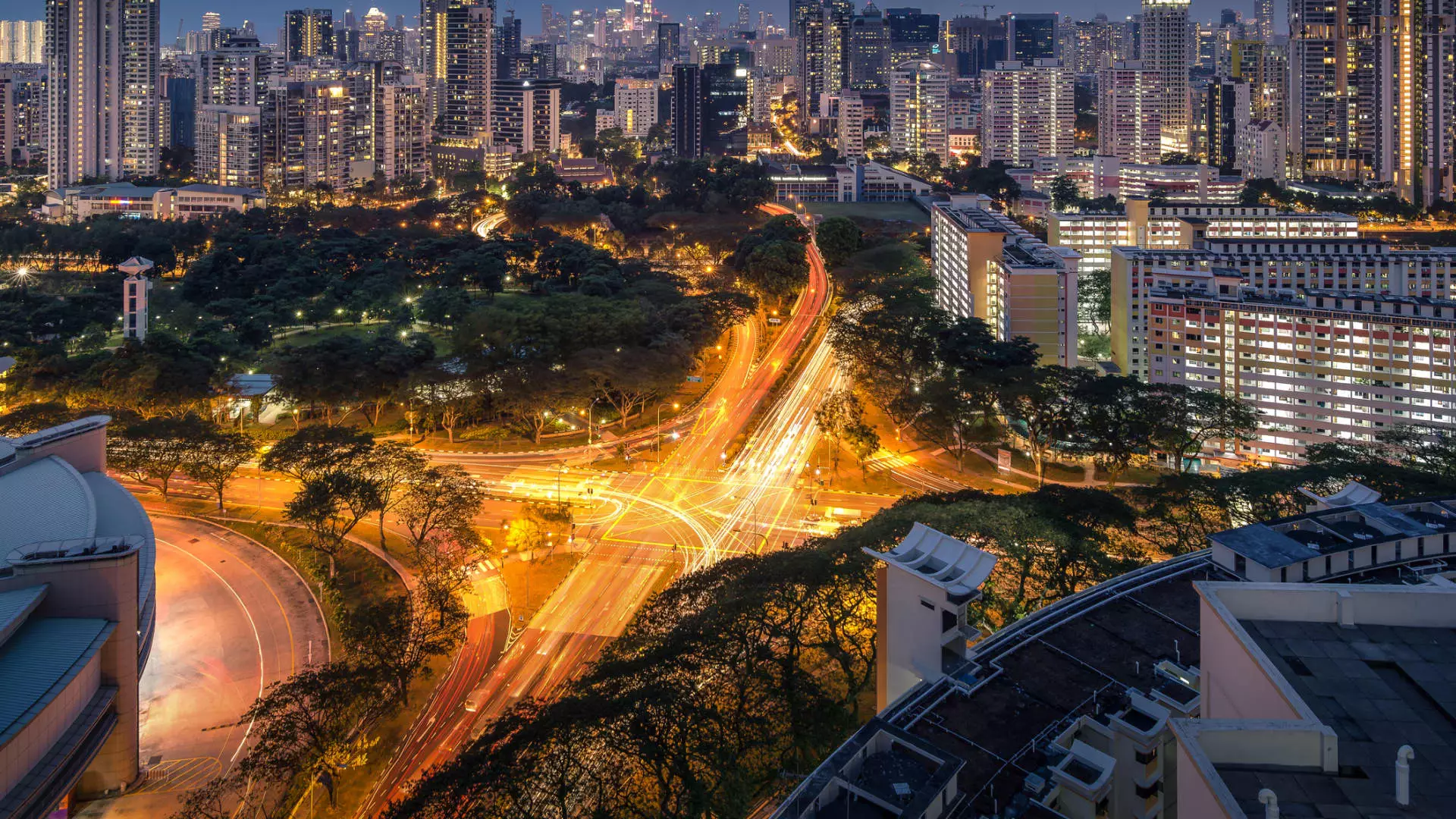Singapore’s real estate market is currently undergoing a notable downturn, with private home prices experiencing their first decline in five quarters. According to preliminary data released by the Urban Redevelopment Authority (URA), the private home price index decreased by 1.1% in the recent quarter compared to the previous three months. This decline not only reverses the upward trend observed in the second quarter of 2023 but also marks a significant pivot in a market that seemed resilient for an extended period.
The sales transaction volume mirrors the pricing decline, with an observed decrease of approximately 11% in the third quarter compared to the preceding quarter. Over the first three quarters of 2024, total sales transactions plummeted by 8.1% relative to the same period the previous year. These statistics point to a cautious approach by buyers, driven by uncertainties in the macroeconomic landscape and rising geopolitical tensions, which have made potential homeowners wary.
The relationship between interest rates and buyer behavior is particularly striking. Speculation surrounding the U.S. Federal Reserve’s decisions has led many buyers to postpone their purchases as they await potential rate cuts. This cautious sentiment reflects broader concerns regarding the economic outlook amidst fluctuating global financial conditions.
Despite the anticipated rate cut by the Federal Reserve, Singapore’s mortgage rates are projected to stay higher than the historically low levels seen over the previous decade. The URA’s statement encapsulates the current reality facing potential homeowners, advising them to be prudent in their property purchases and loan commitments. This level of buyer caution suggests that many are reevaluating their financial strategies in light of these economic shifts.
Interestingly, while private home prices have declined, the resale prices of Housing and Development Board (HDB) flats have risen by 2.5% in the same quarter. HDB resale volumes witnessed a significant surge, increasing by 20% quarter-on-quarter. This distinction highlights a bifurcation in Singapore’s housing market where affordable public housing remains robust even as the private sector faces turbulence.
In response to these developments, local authorities have been proactive in implementing measures to stabilize the public housing market. The government’s commitment to monitoring and adjusting policies as necessary is crucial in fostering a stable property market.
The current state of Singapore’s real estate market encapsulates a period of transition marked by shifting buyer behavior and evolving economic conditions. While private home prices face their first decline in over a year, the resilience of the HDB sector underscores the complexities and dynamics inherent within this market. The future trajectory of both private and public housing sectors will largely depend on how macroeconomic indicators evolve and how effectively the authorities can manage these changes. As Singapore navigates these uncertain waters, stakeholders will need to remain vigilant and adaptive to the fluctuating landscape of property ownership.

